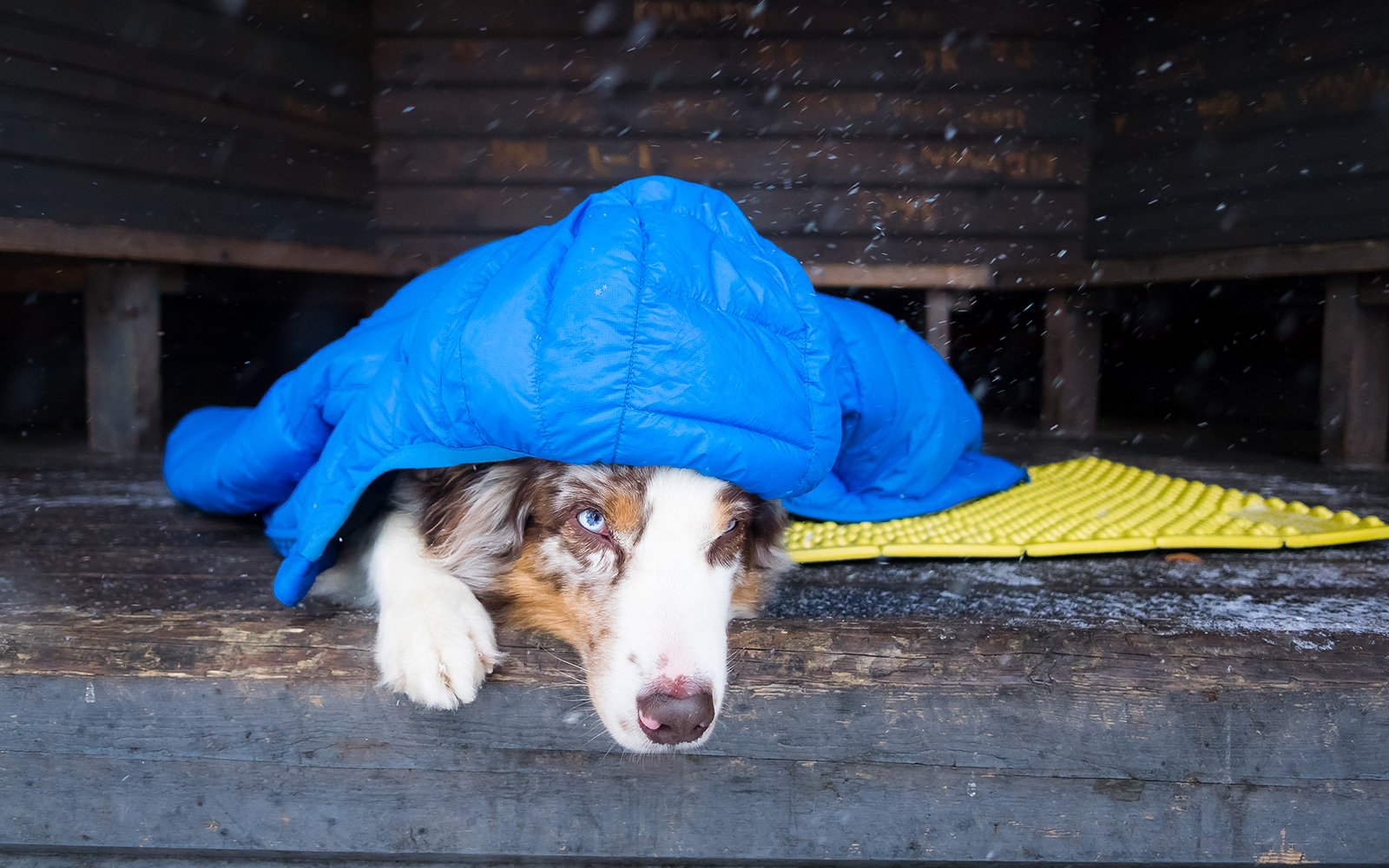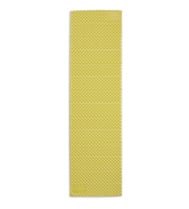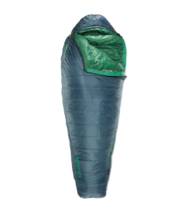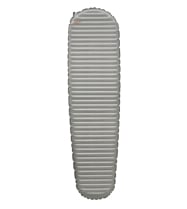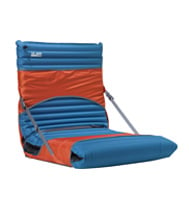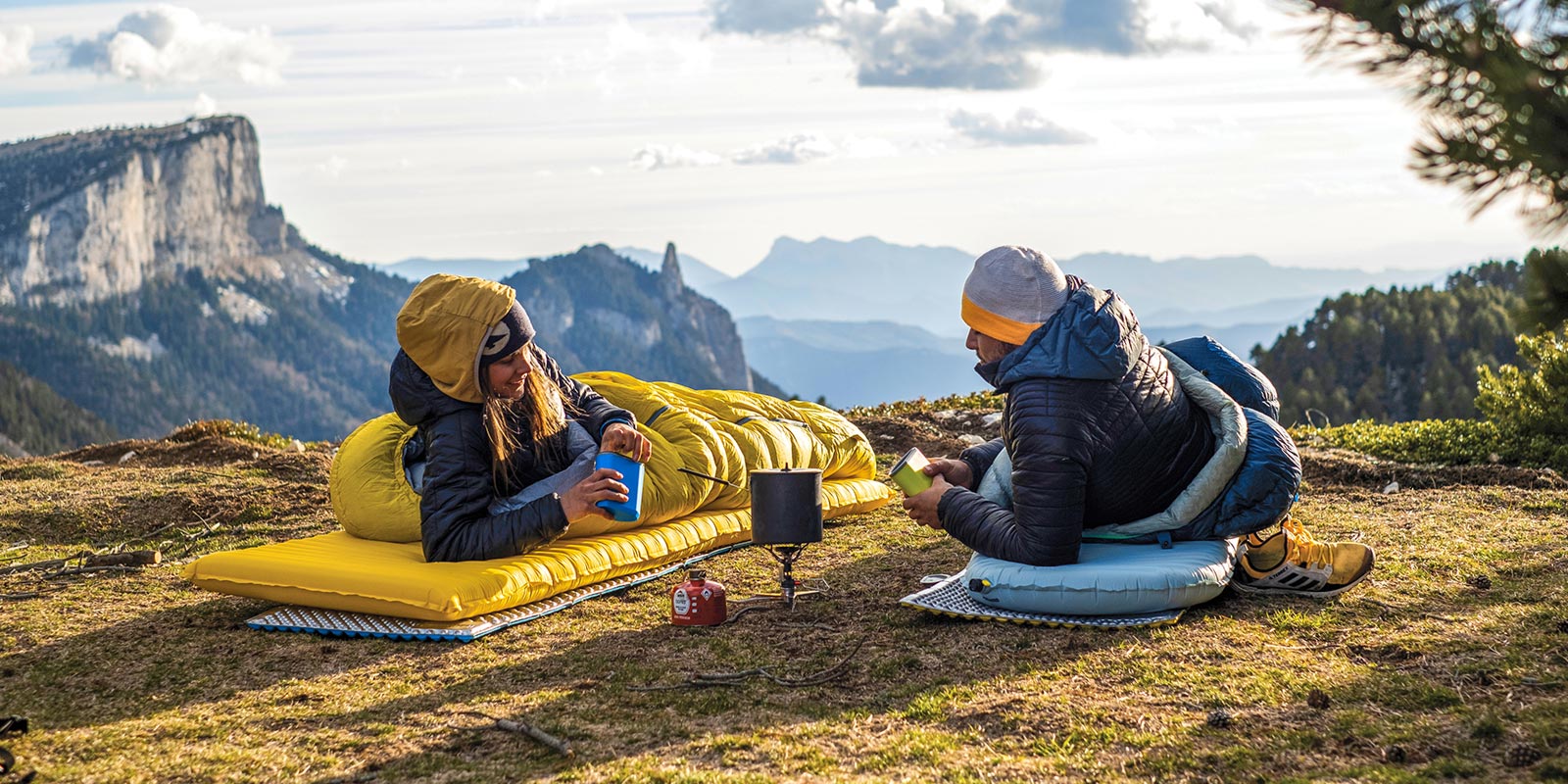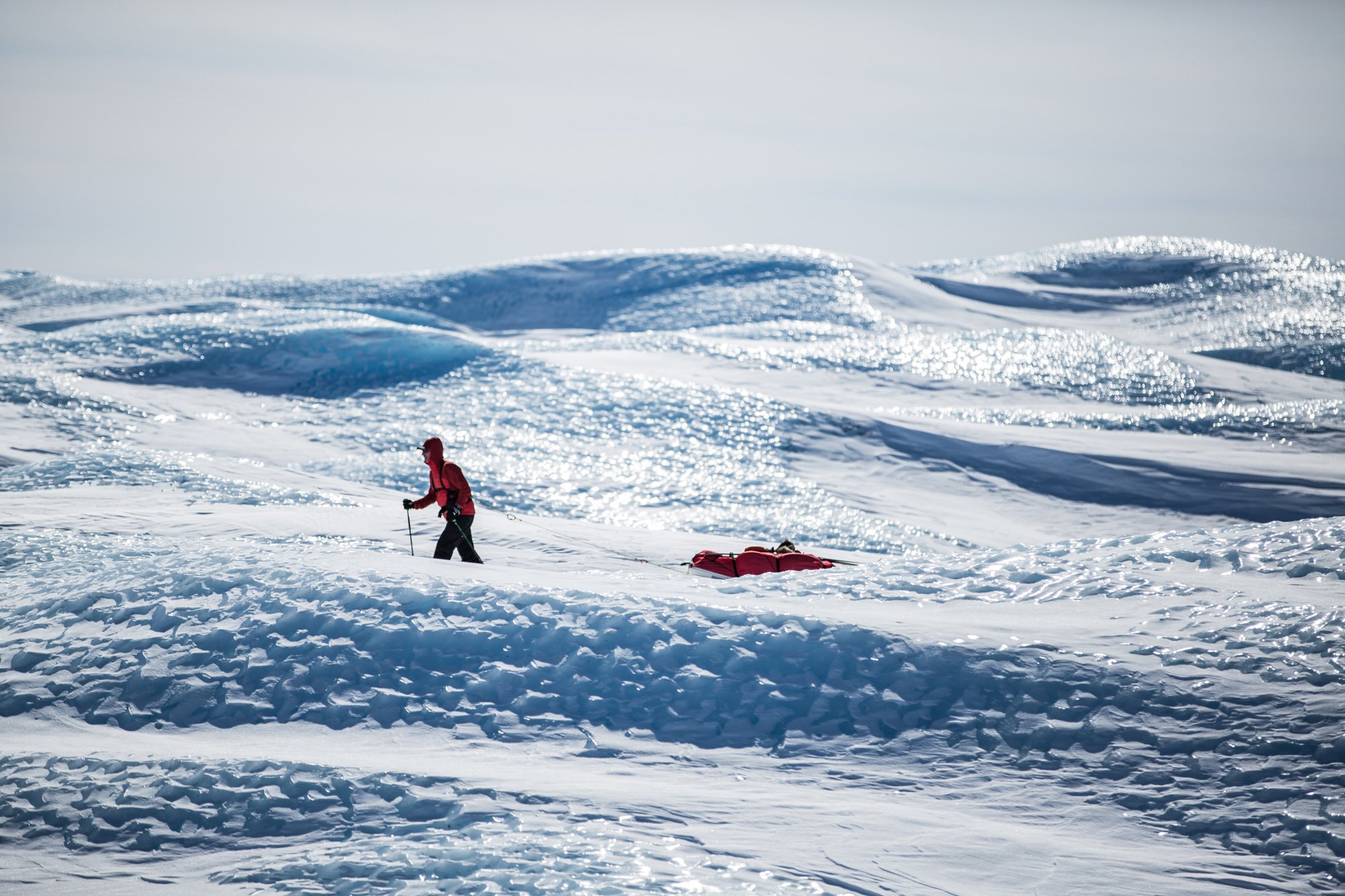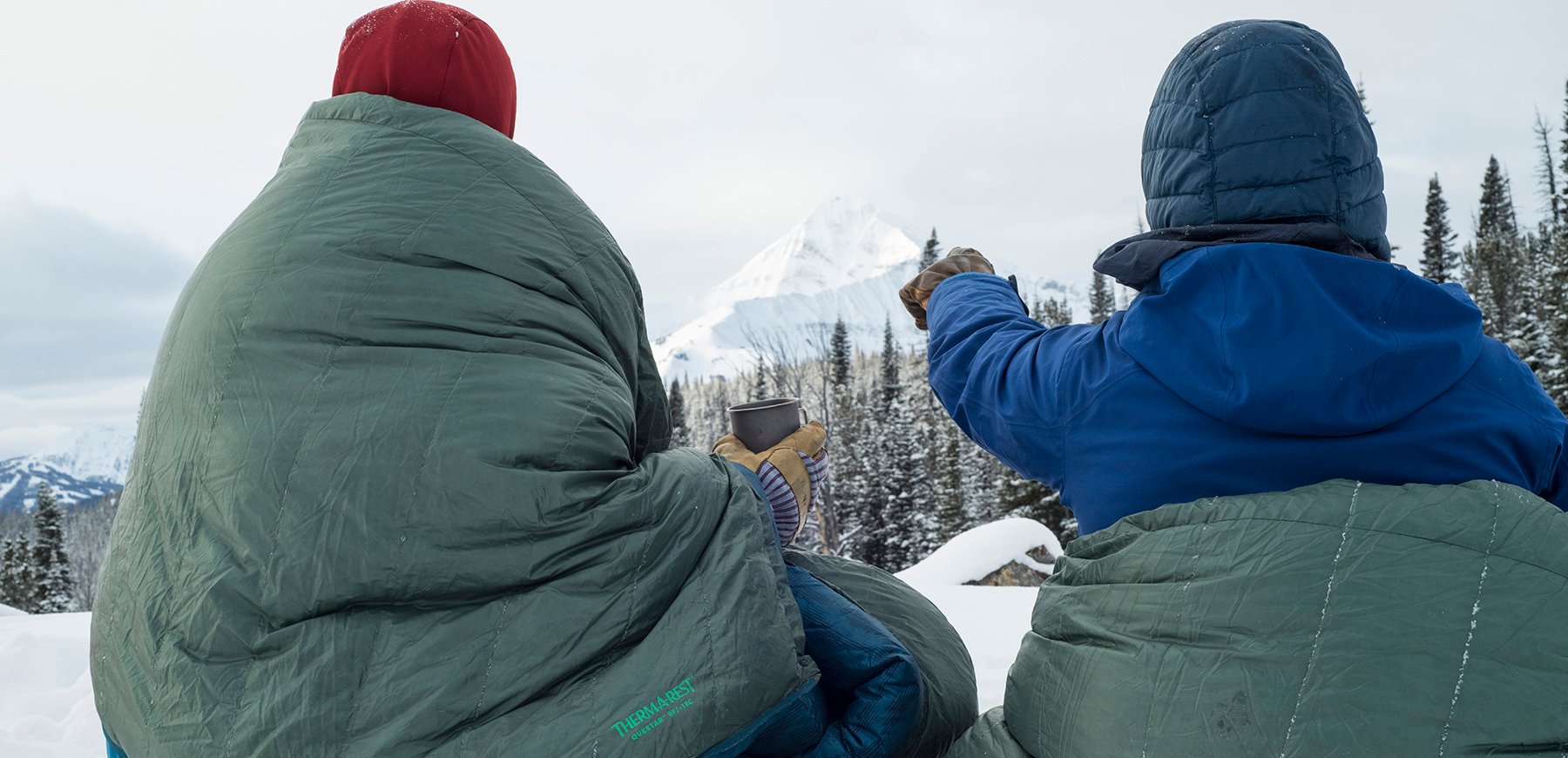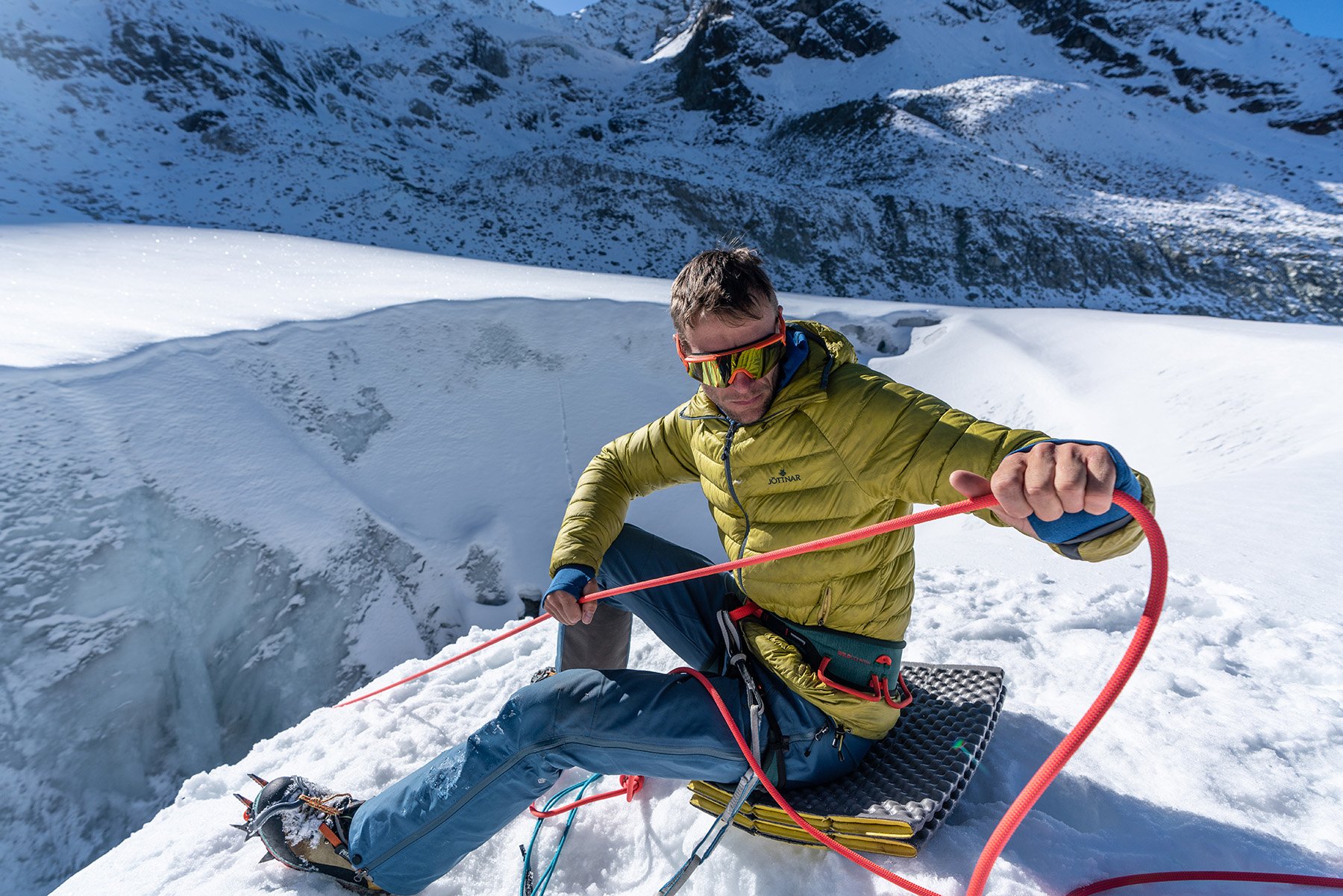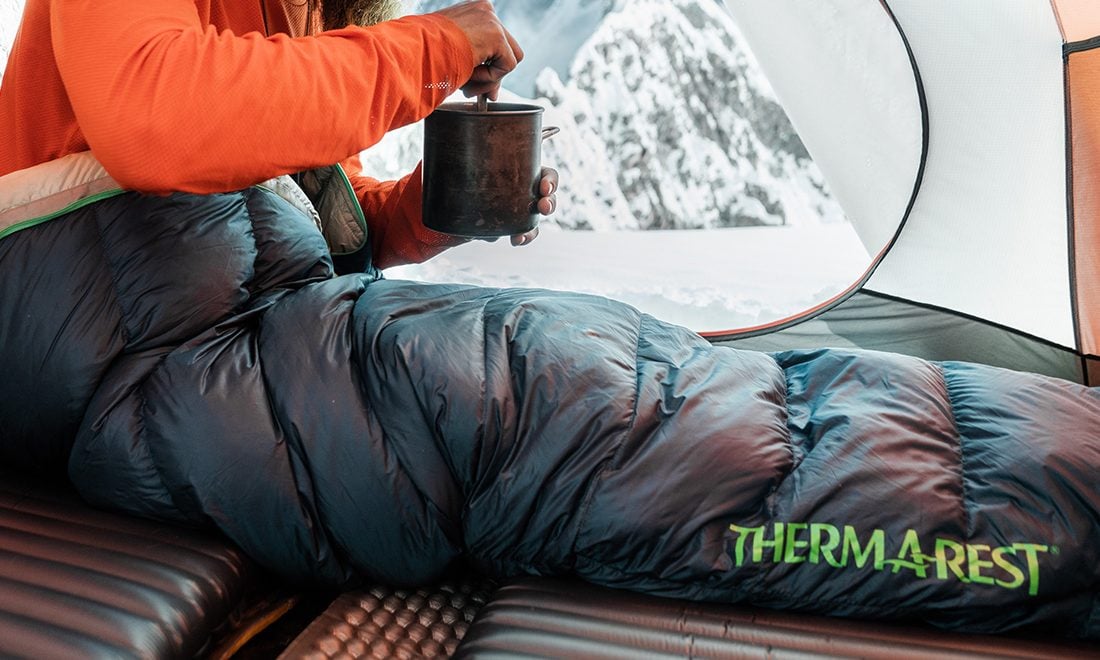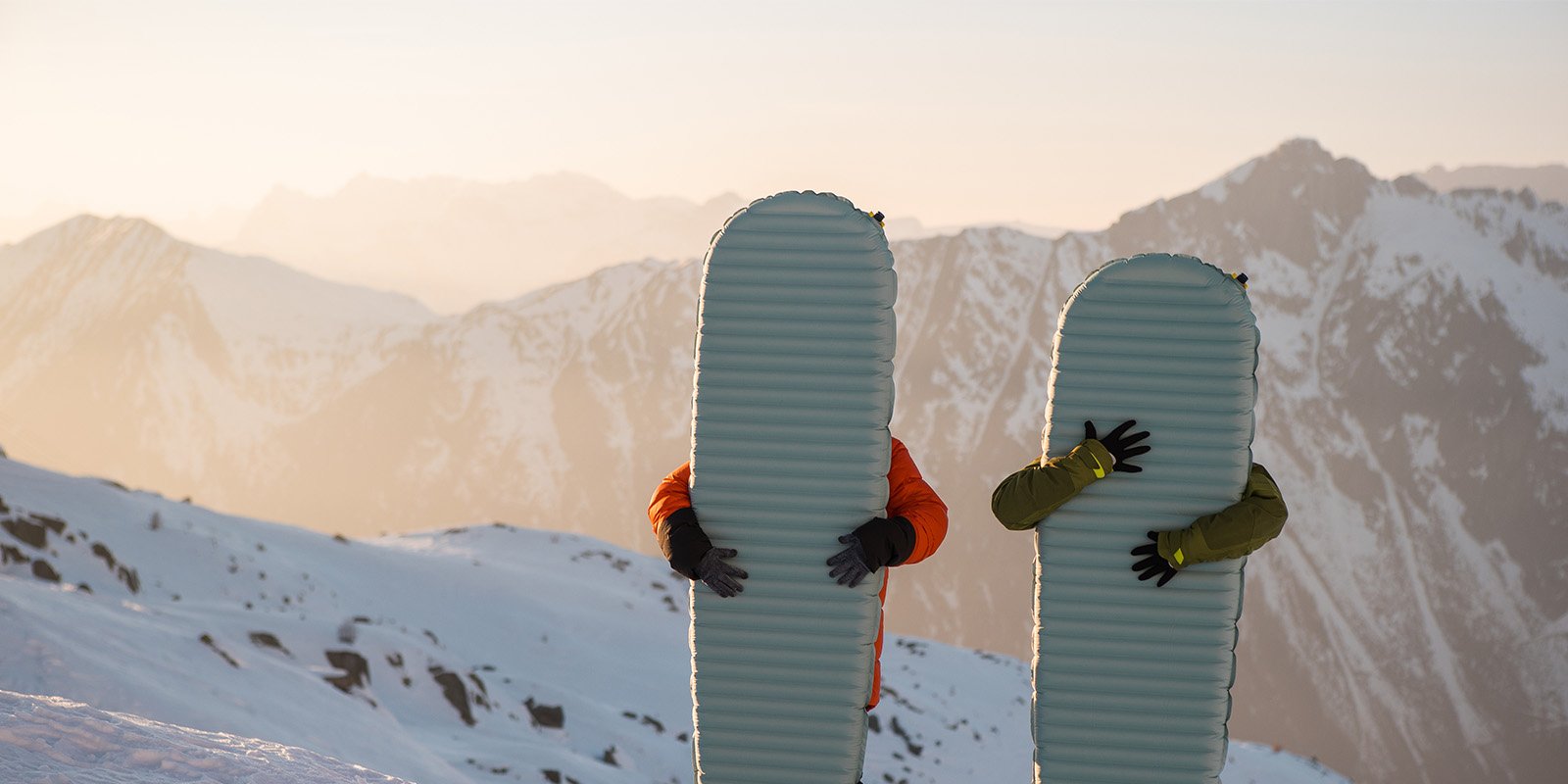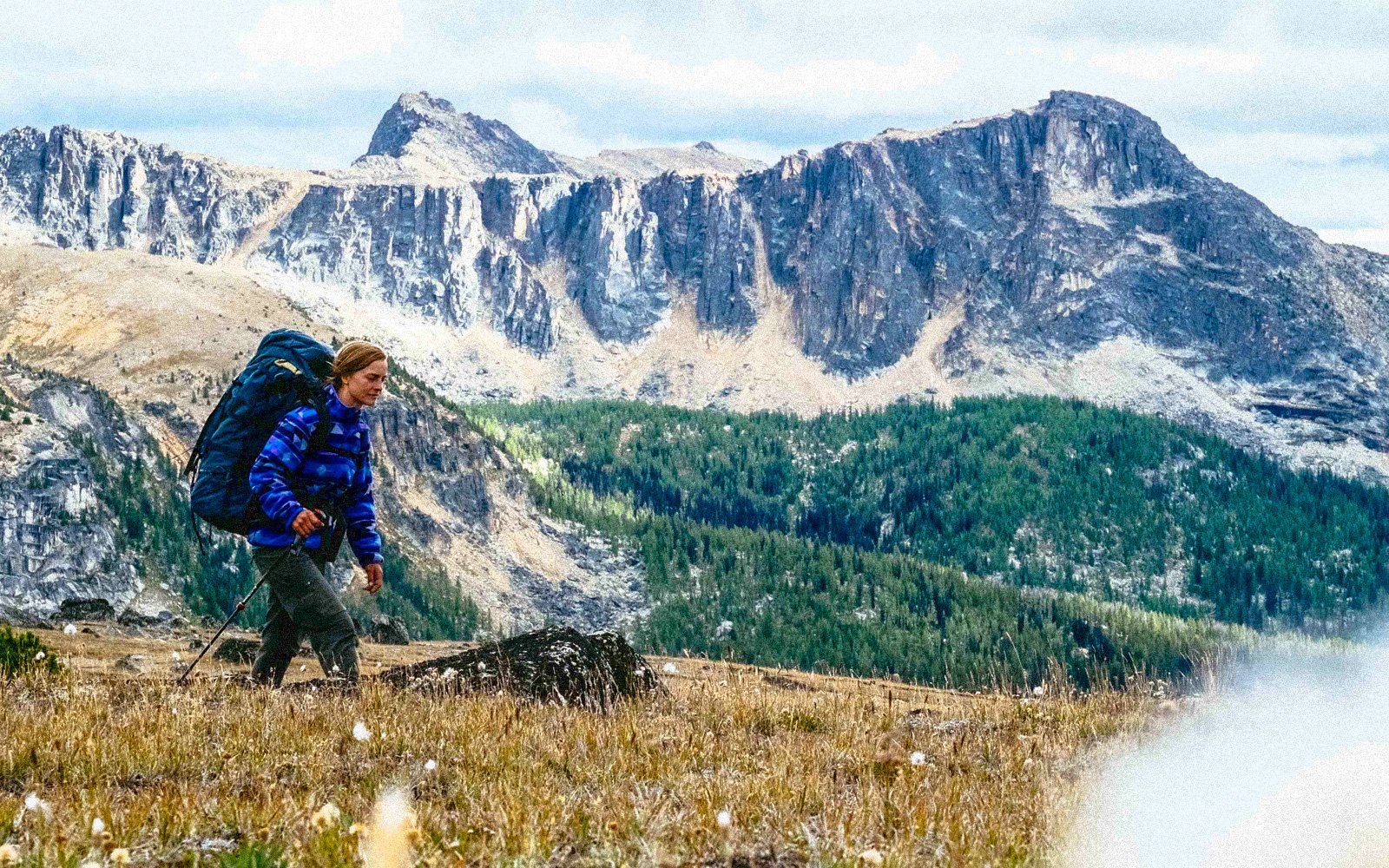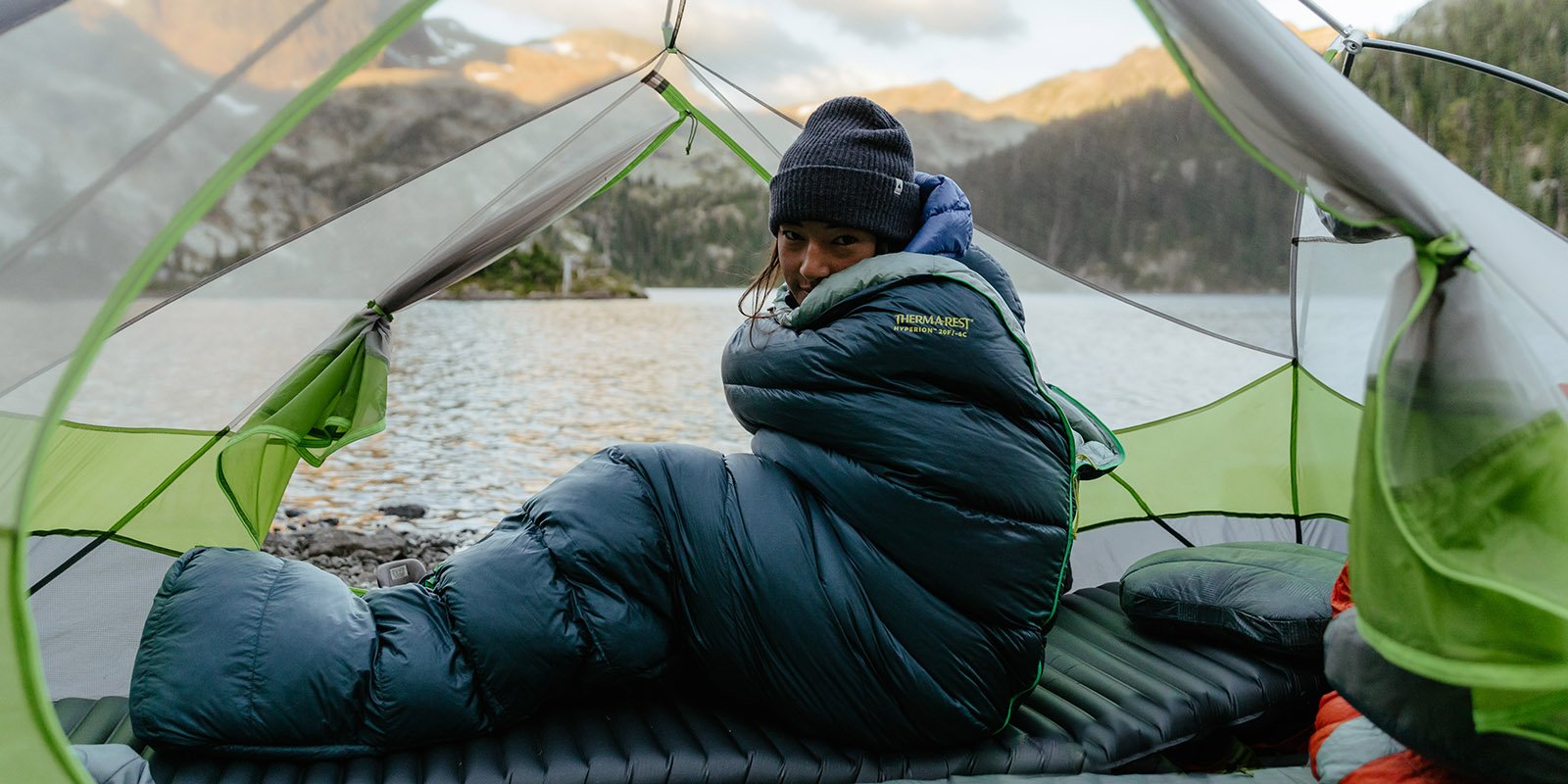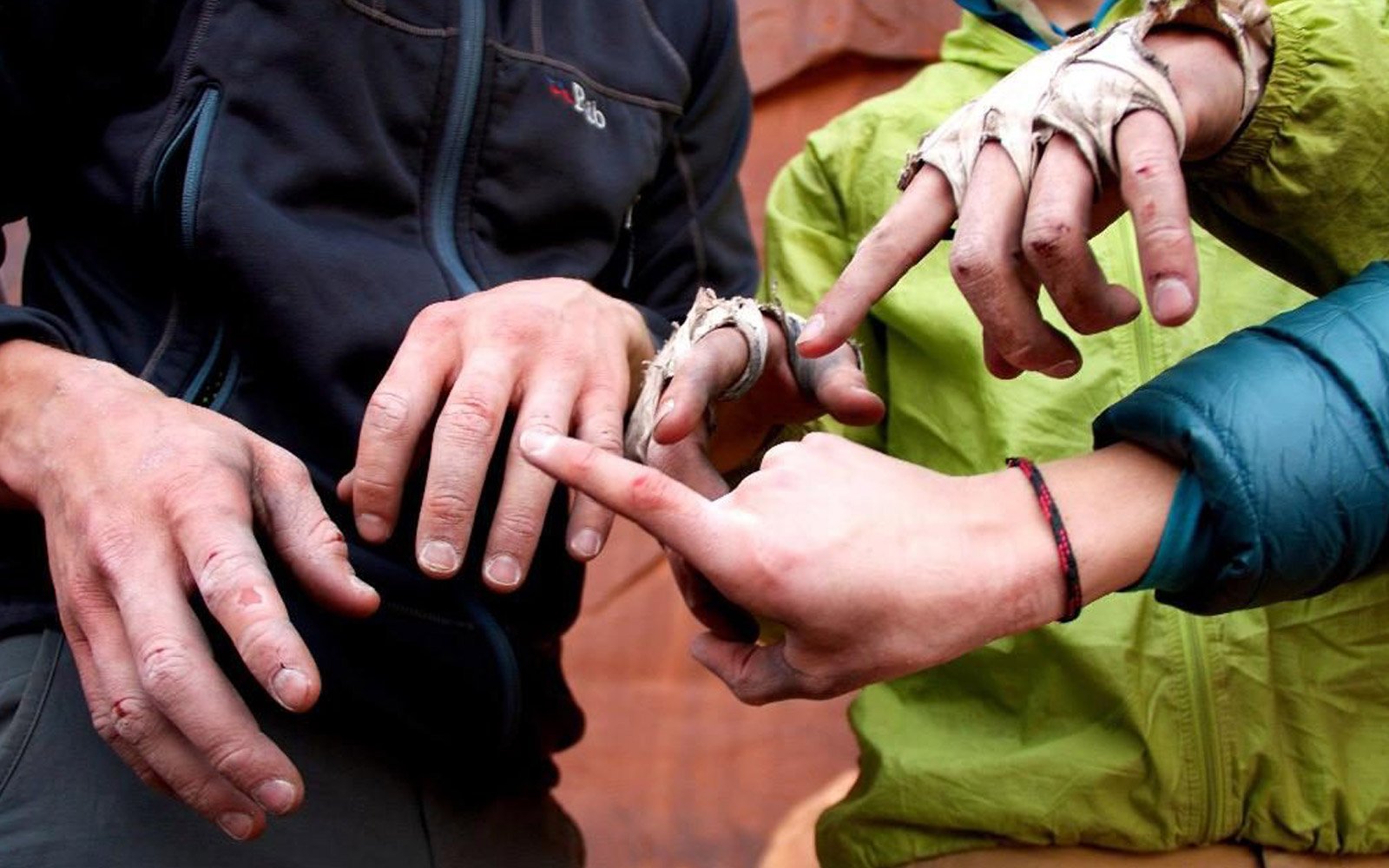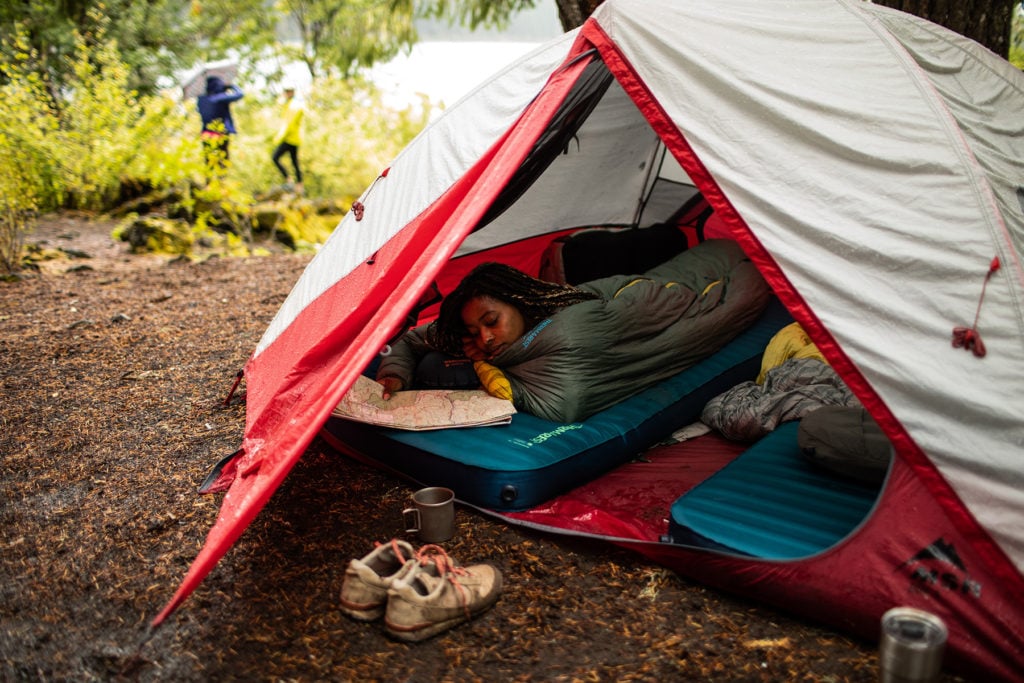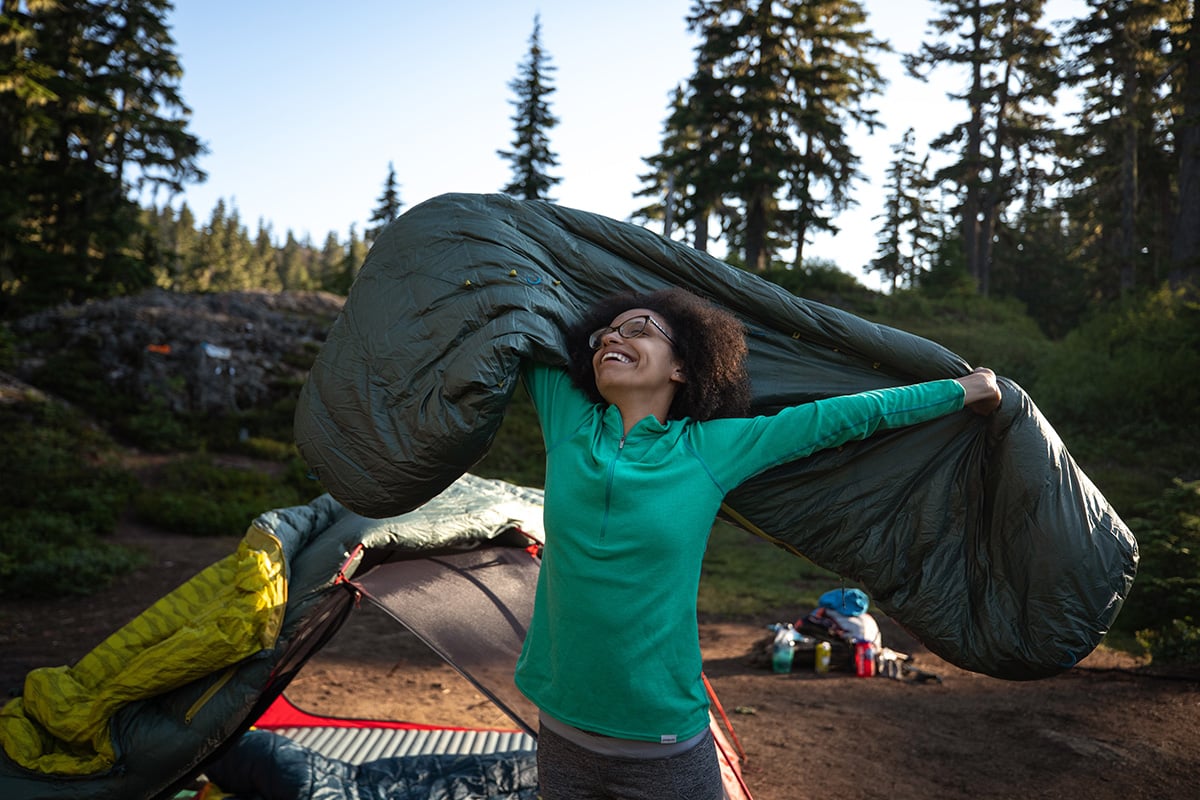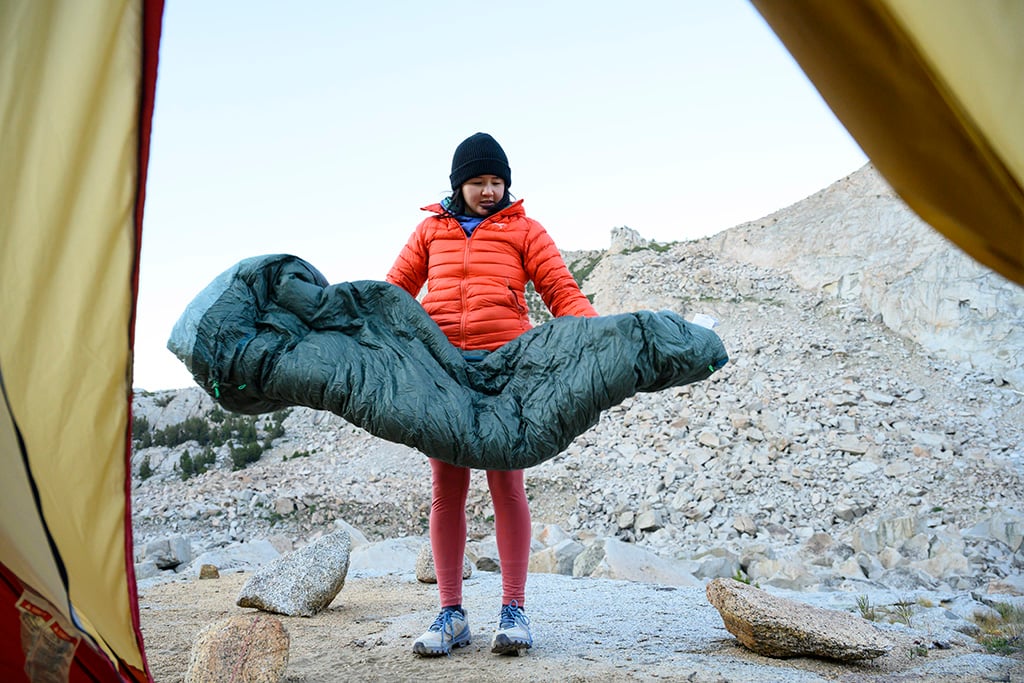As summer waves at us in the rear view mirror, we begin to look ahead and prepare for the long-haul winter. The space in our drawers where shorts and t-shirts live for a precious few months of the year yields to sweaters, fleece and jeans. The basement wafts of ski wax and the clank and din of ice screws, snowshoes and plastic boots is the soundtrack we play in anticipation of deep powder days.
At the same time though, it’s sobering to think of all the gear you won’t be using for the next six months. All that ultralight gear of summer just won’t cut it in winter, so it’s time to store it for the duration, and do it in a way that will leave it ready to go at the first sign of spring. With that in mind, here are a few tips we’ve found handy to minimize surprises and lengthen the life of your gear.
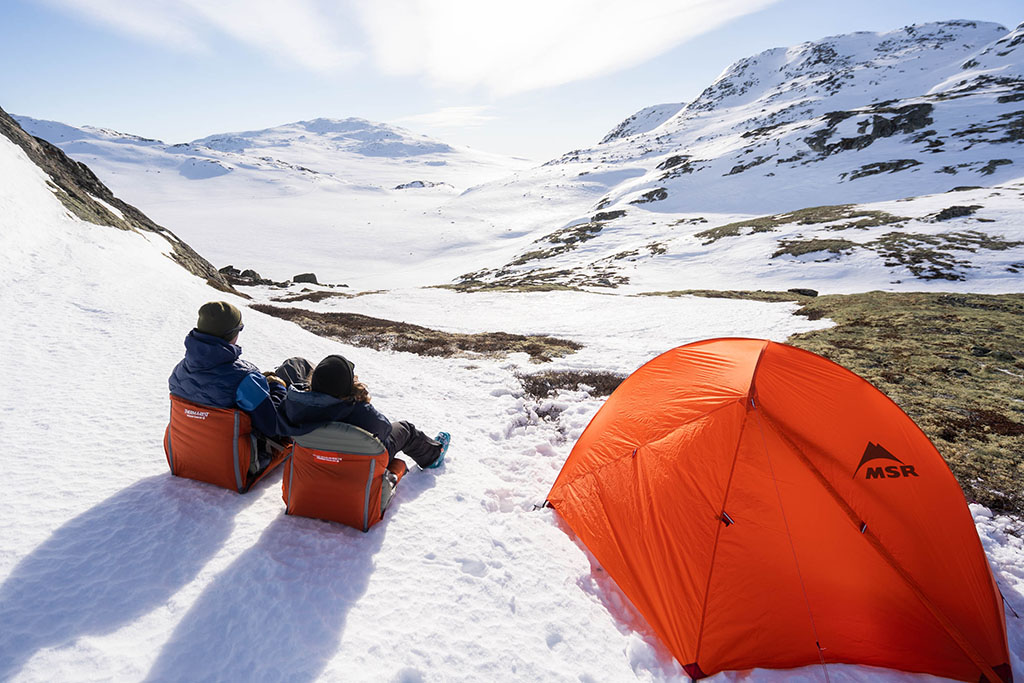
Tents
Set your tent up and shake out any dirt, trash and debris from summer. You can use a damp sponge to clean out corners and wipe away any spills or squashed mosquitoes from the walls. Let it dry out completely and then do an inventory on poles, stakes, ground cloth and guy lines. Pack it all up together in a mesh duffel so it can breathe and not be compressed and creased for months on-end. Even a little excess humidity can cause mold, so think twice about damp basements for storage. Somewhere room-temp, like under your bed or in the back of a closet, is a great place.
Check out this MSR® blog for even more tips on how to make your tent last longer.
Sleeping Pads
Whether you are a thru-hiker saving weight with a quilt-based sleep system, or just coping with the heat of the summer, sleeping directly on your pad accumulates body oils on your sleeping pad that will damage the fabrics and coatings over the years. In addition, no matter how you careful you are, your pad will eventually pick up some dirt along the way, which can also advance long term degradation. It’s the outdoors after all, dirt is part of the summer game.
A light cleaning with a gentle degreaser like BioClean™ All-Purpose Cleaner can help. We recommend diluting it to be safe. Rinse it well with a hose. Now is also a good time to fix that slow leak you keep putting off dealing with, or making a more permanent repair to a quick and dirty emergency repair you did on the trail in June.
Check out our previous post on how to repair your sleeping pad.
Just like tents, dry thoroughly after cleaning and look for a dry area to store them – unrolled and with open valves–just like you should after any trip.
Summer Clothing
Again, a good washing is recommended, using Nikwax® Tech Wash® or Down Proof™, or another specific cleaning agent to match the needs of your gear. Try MiraZyme to stay ahead of funky odor build-up in you baselayers. Dry thoroughly, of course. Most waterproof garments with a DWR benefit from being dried on medium heat (read the label or check with the manufacturer) and a treatment of a spray-on DWR revitalizer (ReviveX® or TX-Direct™) will keep water rolling off you like quicksilver. It’s tempting to use bins, but be sure they are well ventilated. I’ve lost entire seasonal wardrobes to nasty mold and mildew in places I thought were dry. You can drill holes in plastic bins to ensure some air flow.
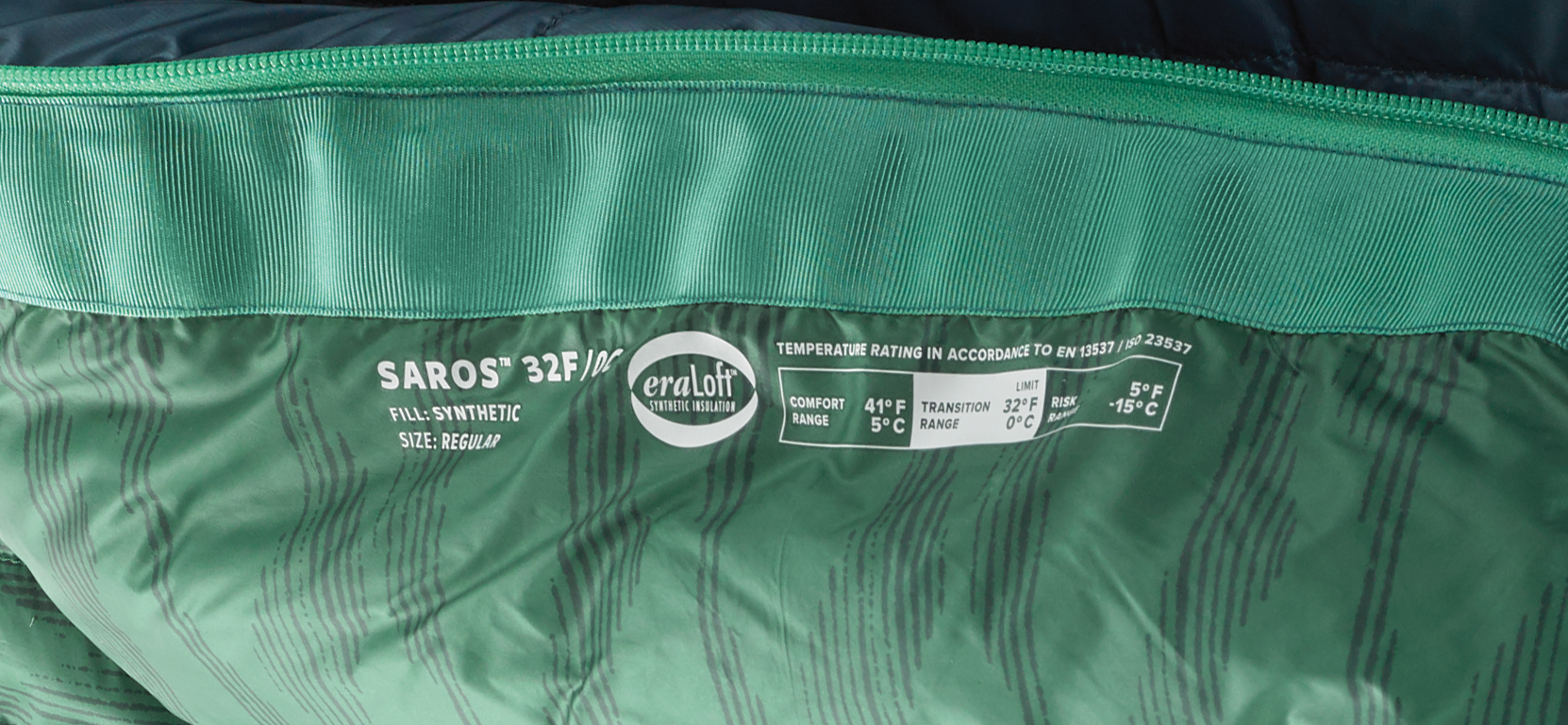
Sleeping Bags
Wash them. Please. You can skip it if you only spent a few days in them, but if you had a busy season, body oils can accumulate on the insulation and decrease loft – especially down – and your next tent mate will thank you for other reasons too. Washing instructions for Therm-a-Rest sleeping bags are pretty universal. Check with your manufacturer if you have any questions. After they’re completely dry, store your bag in an over-sized, breathable bag that they easily fit into. Storing them compressed will reduce loft and shorten the lifespan and temperature rating of your sleeping bag.
Water Filters
Most water filters should be dried out and/or disinfected with a very diluted bleach solution before long term storage. Definitely check with your manufacturer for their best cleaning and long term storage techniques on this one, but don’t forget to take care of them!
Backpacks
Shake out the extra dirt. Using a wet sponge, wipe inside corners and any trouble spots. Use a mild soap solution for trouble spots and wipe again with a damp sponge to rinse or just hose out particularly dirty packs. Unzip everything to let it dry and check often to move it around and keep it drying. By now, you should be able to fill in the last part: dry completely and store in a dry place.
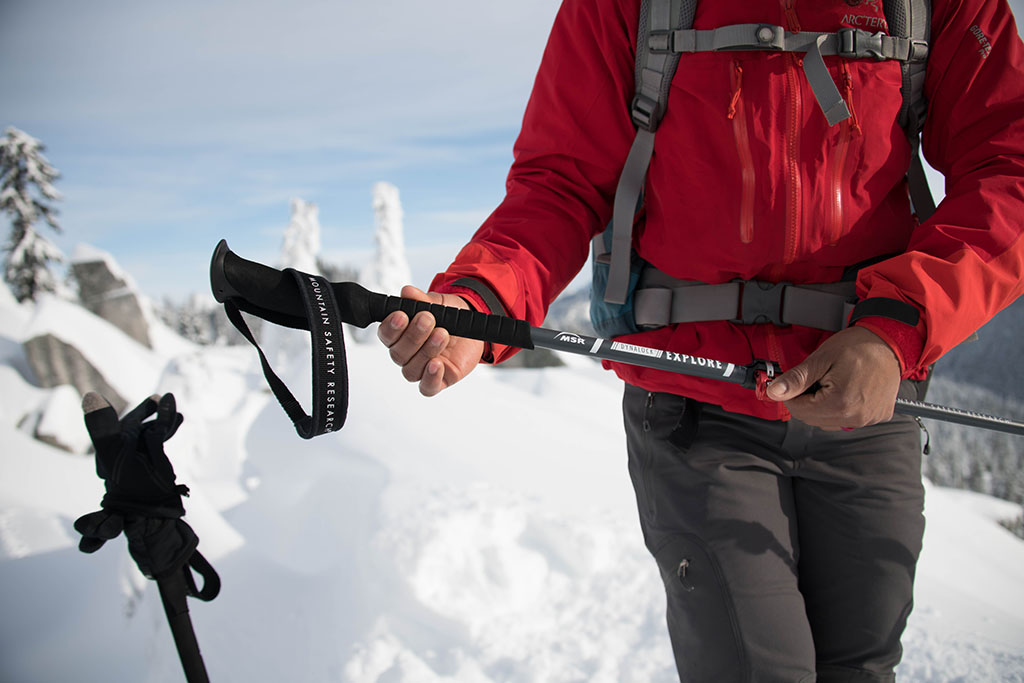
Trekking Poles
For simple seasonal maintenance, pull the trekking poles apart completely and wipe them down. That white powdery stuff on the inside comes from storing them wet and makes adjusting them difficult.
Boots
Treat leather boots with plenty of goo to keep them from drying out over the winter. There are a ton of products out there, so make sure you get the one that’s best for your boot. Also consider refreshing your insoles with a new pair. It’s like getting new boots for a fraction of the price. REI has a great page with lots of information on caring for your boots.
General Tips for Winterizing Gear
- When in doubt, place a dehumidifier where you store your gear. It costs a little but can save you a lot.
- Again: Beware of big plastic bins. Drill holes in them to ensure air flow.
- Check on your gear after a few weeks or a month to be sure everything is storing well. You might catch some things before they get too bad, like mice or mold.
- Generally speaking: Laminated fabrics (GoreTex® etc.) are OK to machine wash. Coated fabrics (Urethane-coated backpacks, tents, duffle bags, etc. ) aren’t. Check with the manufacturer if you have any questions.
Got some tips or cool ideas that have worked for storing or cleaning your gear? Share them and let’s help each other out!
Related Posts:
